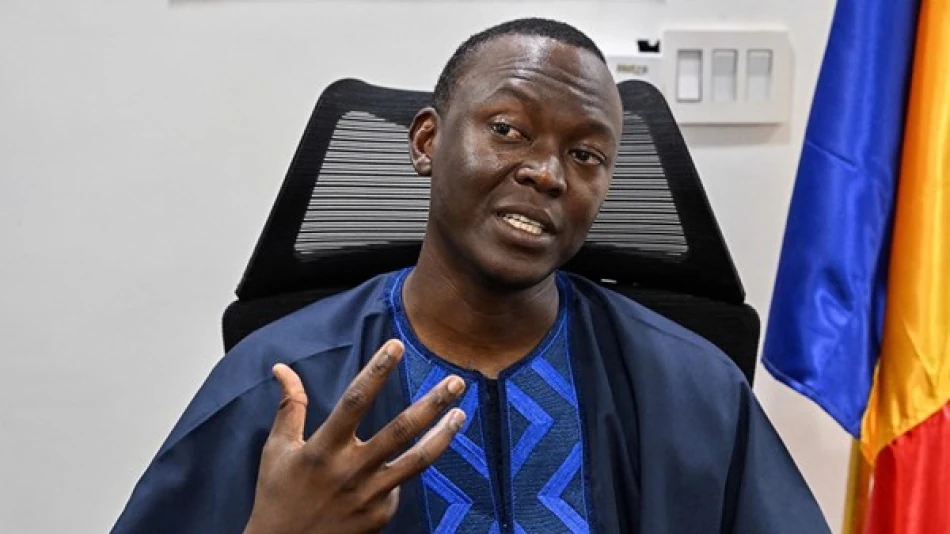
Chad Sentences Former Prime Minister to 20-Year Imprisonment in Historic Ruling
Chad's Former PM Sentenced to 20 Years in Prison for Inciting Racial Violence
Chad's former Prime Minister Succès Masra has been sentenced to 20 years in prison and fined $1.8 million after being convicted of spreading racist and xenophobic messages that incited violence. The case highlights the fragile political landscape in the Central African nation, where ethnic tensions and political rivalries continue to fuel deadly conflicts months after disputed elections.
From Prime Minister to Presidential Candidate to Convict
Masra's dramatic fall from grace underscores the volatile nature of Chadian politics. He served as Prime Minister under President Mahamat Idriss Déby for approximately five months before making the bold decision to challenge his former boss in the May 2024 presidential election. This political gambit has now resulted in serious legal consequences.
The conviction stems from messages prosecutors claim were designed to stoke racial and anti-foreigner sentiment, ultimately contributing to violence that claimed dozens of lives in the southern town of Mandakao in May 2024.
Legal Battle and Financial Penalties
Beyond the two-decade prison sentence, the court imposed a substantial financial penalty of one billion CFA francs (approximately $1.8 million) on the former prime minister. Masra's legal team has announced plans to appeal the verdict, setting the stage for a prolonged legal battle that could further destabilize Chad's political environment.
Pattern of Post-Election Crackdowns
The harsh sentence against Masra fits a broader pattern seen across Africa, where former officials who challenge sitting presidents often face legal retribution. Similar cases have emerged in countries like Ivory Coast, where former President Laurent Gbagbo faced international prosecution, and in various West African nations where opposition leaders encounter judicial pressure after electoral defeats.
Implications for Chad's Political Stability
This conviction carries significant implications for Chad's already fragile democratic transition. The country has struggled with political instability since the death of long-time ruler Idriss Déby in 2021, with his son Mahamat taking power through military transition arrangements that have faced criticism from opposition groups and international observers.
The severity of Masra's sentence may serve as a warning to other potential challengers to the current administration, potentially consolidating power around the Déby family while raising questions about judicial independence and democratic space in the country.
Regional Security Concerns
Chad's internal political tensions have broader regional implications, given the country's strategic importance in the Sahel region's fight against terrorism and its role as a key partner for international forces. Political instability in N'Djamena could undermine regional security cooperation at a time when neighboring countries are grappling with insurgencies and military coups.
The case also highlights the dangerous intersection of ethnic tensions and political competition in Chad, where diverse communities have historically competed for resources and political representation, sometimes leading to violent confrontations that challenge national unity.
Most Viewed News

 Layla Al Mansoori
Layla Al Mansoori






